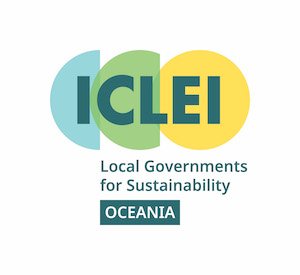Putting the Urgency in Climate Emergency
Have you ever had to write an urgent email? As a leader communicating deadlines or an employee telling your boss about an important issue, our ability to write with urgency is an important skill and one that we use more often than we may realise.
However, there are many urgent messages which can result in positive action as much as action paralysis. So what are the key things to consider when communicating urgency in the climate and biodiversity loss emergencies? It’s important not to overwhelm your audience but do the opposite: empower them with a deadline and identify their capacity to act.
The ICLEI Young Writers Network, a platform empowering sustainability students to communicate their research to broader audiences, presents some considerations on using emergency/urgency (“em-urgency”) framing. We recognise there is no universal template and that local context will always need to be considered, but there are some approaches based on our experience worth considering that may increase the effectiveness communicating urgency.
Anticipate potential questions from your audience:
Why is it urgent? What are the consequences if we don’t act?
How urgent is it? Why should this be a top priority?
What action do you propose, why that action and how would you enable action?
How do you propose adjusting to other problems taking that action might create?
Why should I trust you? Are you a credible source?
Strengthen capacity to communicate urgency effectively by continuing to:
Build trust with your community and audience (build local legitimacy)
Collect and use credible evidence and concrete deadlines (e.g. IPCC 1.5 Special Report)
Explain how more distant global issues of climate change and biodiversity loss can be compared to issues closer to home (jobs, affordable housing, economic growth etc.) by identifying co-benefits, e.g. a solar farm can create local jobs, attract investment)
Failure to parry audience questions can unravel effective calls to action on climate. We may not always know the answers to complex questions, but that doesn’t mean we shouldn’t be prepared to respond to them. As with any other tool or strategy, climate ‘em-urgency’ framings should be used thoughtfully and be sensitive to local communities. Increase the chance of success by anticipating questions and deploy climate ‘em-urgency’ communications in a local environment that have elements of: trust, evidence, deadlines and co-benefits.
Author: Timothy Shue

